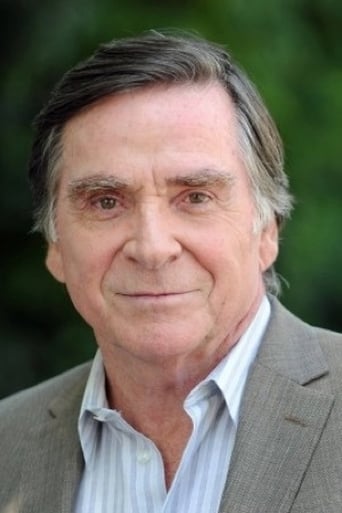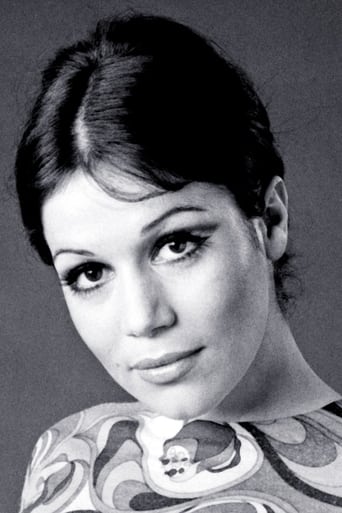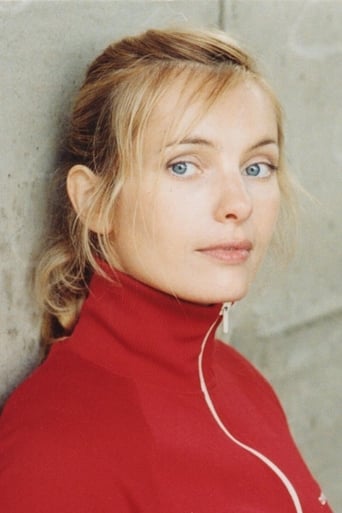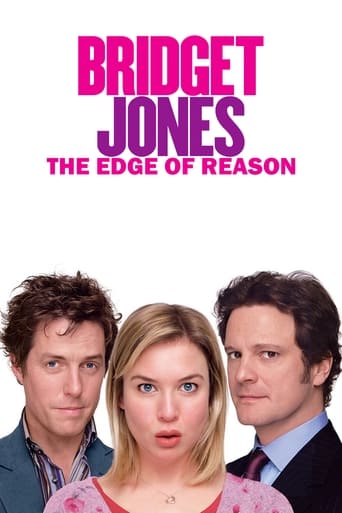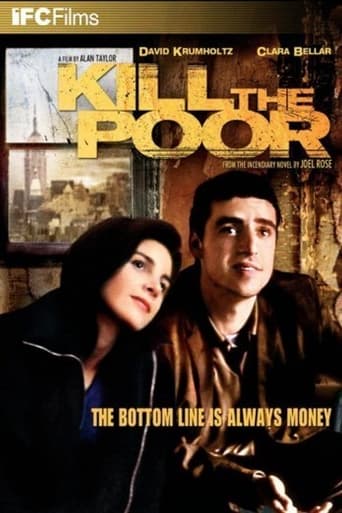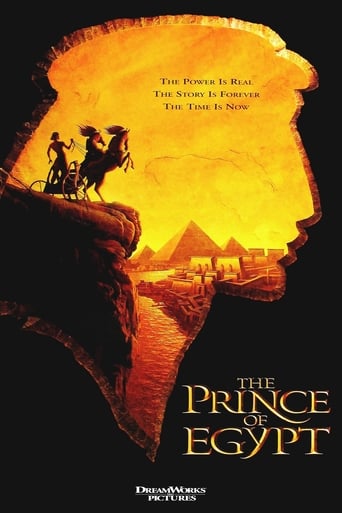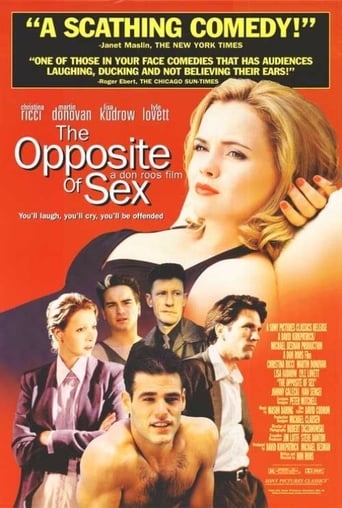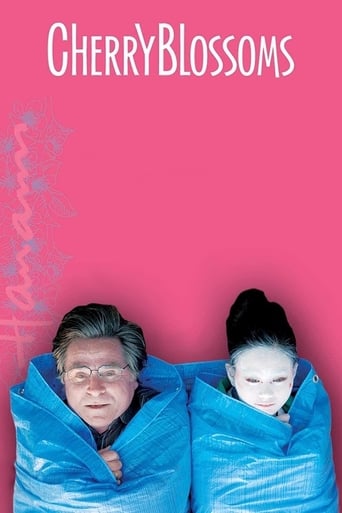
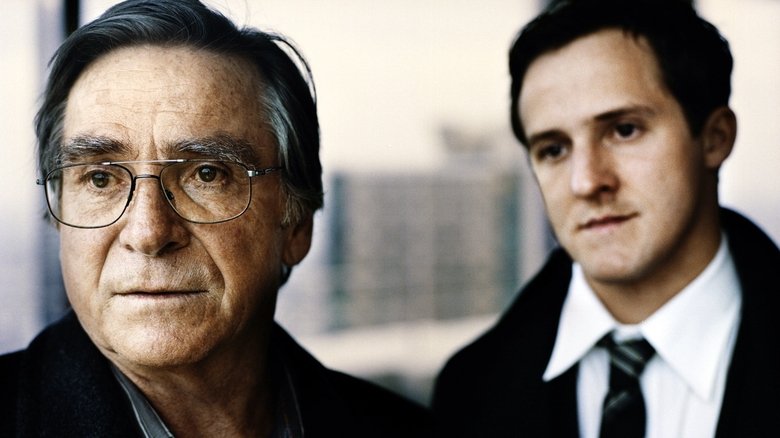
Cherry Blossoms (2008)
After finding out that her husband, Rudi, has a fatal illness, Trudi Angermeier arranges a trip to Berlin so they can see their children. Of course, the kids don't know the real reason they're visiting -- and the catch is, neither does Rudi...
Watch Trailer
Cast
Similar titles
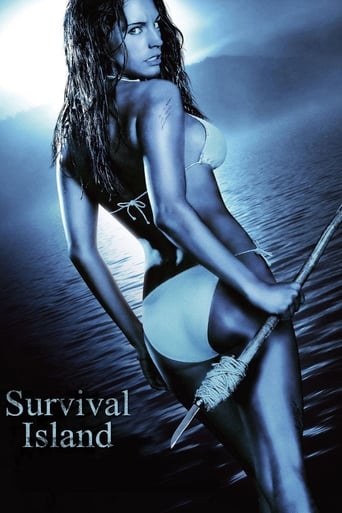
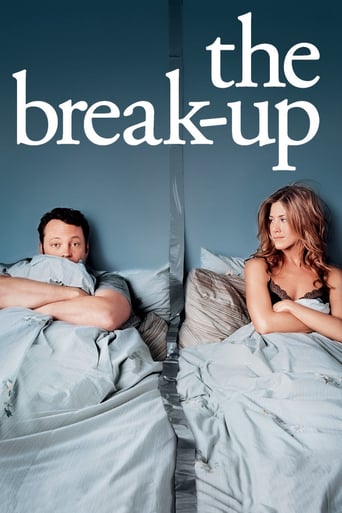
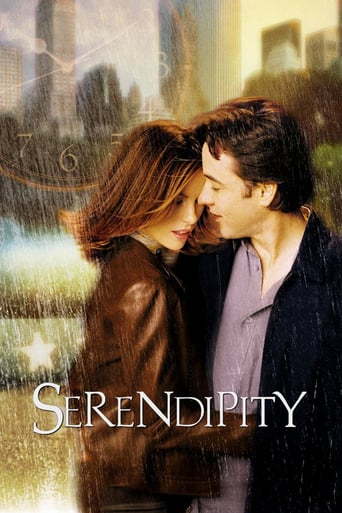
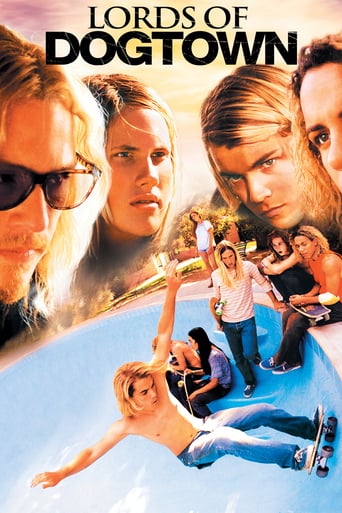
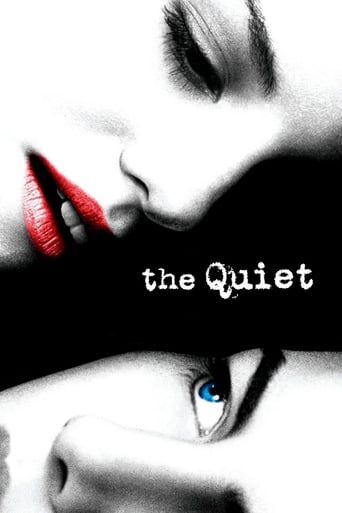
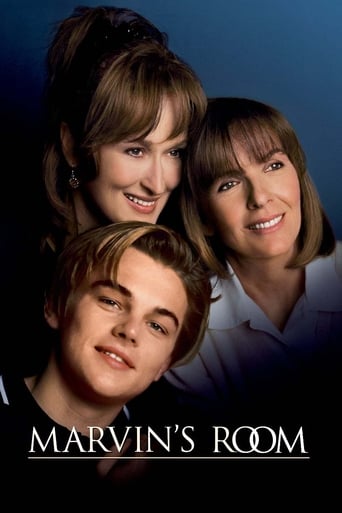
Reviews
If you don't like this, we can't be friends.
Great Film overall
Good movie but grossly overrated
Like the great film, it's made with a great deal of visible affection both in front of and behind the camera.
this was a very unexpected surprise tonight on Sunday night TV here on SBS Australia. I started watching it knowing nothing about it, but liking the quiet observational style. At the first ad-break I checked the IMDb rating, and decided it must be worth watching. Well it certainly was. Beautifully gentle and sad as well. This movie had it all - the beautiful Bavarian countryside, then a bit of Berlin with the somewhat uncomfortable children having to put up with the sudden visit of their parents, for why (only the mother knew). Then to the Baltic Sea, where against all expectations mother leaves the film and father must continue on. Then against all his normal routine Dad goes off to visit 'favourite son' who works in Tokyo. As Tokyo is one of my favourite cities to visit this was wonderful to see the daily routine of the city on film. And yes homeless people do live under canvas in Ueno Park because I have seen them - I was quite shocked when I realised what all those blue tarpaulins/tents were for. The film ends in Hakone/Mt Fuji. And there was the only disappointing note in this beautifully observed film. Yes Mr Fuji-san is shy - (spoiler alert) but surely if he was dancing for/with his wife as her last wish he would be FACING Mt Fuji not away from it? (sad truth that the camera could not be in 2 places at once though). That minor point aside, I loved this. Not having been influenced by what others have written, I will now read some of them!(2nd time around - Aug.11) Happened to see (most of) this on TV again last without initially realising what it was, namely that I had already seen it. It was just as pleasing the second time around. It has such a gentle touch this movie and it is simply and emotionally charming in a distinctive way. Rudi does not have to say much at all for us to sympathise with his situation and the actor does this so well. The butoh girl is such an interesting and charming ingenue sort of contrast - the relationship with Rudi could have been somewhat creepy but it seems quite natural the way it develops. My own intersections with places in Tokyo/Hakone also give this film a personal resonance which heighten the experience of watching it.
(Spoilers) The first scene has Trudi in a doctor's office being informed that her husband Rudi, in his 60s, has a terminal illness, but he will probably be symptom free for some indeterminate amount of time. After I accepted this rather artificial setup, I found the rest of the story effective. The doctors suggest to Trudi that perhaps an adventure be taken, to which Trudi responds, "My husband hates adventures. He would prefer it if nothing changed, ever." Indeed Rudi is presented as a regimented, but not altogether unlikable, man. Trudi convinces him to visit a couple of their children in Berlin, but that visit is awkward. The kids don't know what to do with the parents and Trudi sums things up with, "I don't know them any more." While in Berlin Trudi goes to see a Butoh dancing performance (while Rudi waits outside). That scene is wonderfully filmed and, seeing Trudi's obvious appreciation for the dance, we see that Rudi has ignored and dampened some of Trudi's most powerful passions, not out of malice, but just for lack of trying.There is a favored son, Karl, who lives in Tokyo and Trudi has always wanted to go to Japan for a visit and to realize her dream of seeing Mount Fuji. More evidence of Rudi's repressive influence is that the trip to Japan has never materialized (if you have seen one mountain you have seen them all is his philosophy). An unexpected plot twist has Trudi dying before Rudi. Oddly, the person most sympathetic to Rudi's plight is his daughter's lesbian lover Franzi. In a conversation with her Rudi comes to understand things about his wife, like her passion to become a Butoh dancer. During the course of this conversation Rudi sees just how remiss he has been by not making any significant attempt to understand his wife. A comment that brought Rudi up short was Franzi's saying that maybe there was another person inside Trudi that nobody ever saw. Not something a man wants to hear about his spouse.In a trip that is part atonement, part self discovery, part adventure, and part attempt to understand and commune with his dead wife, Rudi goes to Tokyo where he stays with his son. The visit with Karl goes badly, with Karl landing some brutal verbal blows. But, in contrast to the harsh family dynamics, Rudi encounters a young street Butoh dancer and the friendship that develops between them among the cherry blossoms is pure poetry and leads to an emotionally powerful ending. The mini travelogue of Tokyo is nicely done, as is the delicate score.
When her husband is diagnosed with a terminal illness, a German woman named Trudi decides it's time the both of them paid a long overdue visit to their adult children - two of whom live in Berlin and one in Japan. The catch is that the husband, Rudi, doesn't even know he's sick and neither do the kids. Thus, Trudi must live with this horrible secret while putting on a brave face for those around her. But then a different, wholly unforeseen tragedy strikes the family and the movie heads off into an entirely new and utterly unanticipated direction from where we thought it was going.A German movie set largely in Japan, "Cherry Blossoms" is a beautiful and heartbreaking film about living for the moment and of not putting off till tomorrow what you can do today. It's also marvelously perceptive about the dynamics of parent/child relationships, especially when, as is true in this case, the parents are viewed by their self-absorbed offspring more as burdens to be endured than blessings to be cherished. The irony is that Rudi and Trudi have more in common with - and indeed are treated better by - many of the strangers and casual acquaintances they come in contact with than they are by their own children.But the movie is also an examination of marriage and of how partners can become so entwined with one another as a couple that they lose their identities as individuals, missing out on the dreams and goals they had for their lives when they were still young and unattached. This is certainly the case for Trudi, who has harbored a lifelong desire to take up Japanese dancing, a desire that Rudi, in his selfish indifference, has pretty much squelched in her for the duration of their marriage. Such a realization of lost opportunities can lead to regrets, recriminations and despair at the end of the road, yet in the case of Rudi and Trudi, one learns that lesson a little too late - and the other just in the nick of time.Elmer Wepper and Hannelore Elsner are magnificent as the aged couple, superbly capturing the deep-seated but often unspoken love that each spouse has for the other. A fine supporting cast, led by Maximilian Bruckner as one of their sons and Aya Irizuki as a young street artist who befriends Rudi in his time of greatest need, adds to the movie's richness. Another crucial element in the emotional force of the movie is the richly elegiac score by Claus Bantzer.The glory of this exquisitely realized and profoundly moving film is its willingness to grapple with some truly major issues - of life and death, of sorrow and loss, of filial and marital relationships - without getting heavy-handed and preachy about it in the process. Every moment in this film feels real and unforced, yet the movie itself has the minutely worked-out grace and precision of Japanese performance art (which we see quite a bit of throughout the course of the film). In fact, near the end, there is a fantasy dance sequence that is, quite frankly, one of the most utterly spellbinding scenes I've come across in ages.Masterfully directed by Doris Dorrie, "Cherry Blossoms" is a lyrical and unforgettable work that takes its place among the truly outstanding films of recent times.
If you would've told me prior to seeing this that I would fall head-over-heels for a film that's about a frustrated Bavarian Butoh dancer, with a tale of homelessness, loneliness, a pink telephone, cabbage rolls and recycling all in the mix, I'd have laughed out loud.In fact, I did laugh throughout the course of this wonderful, delicate film (that has the most selfish progeny since "King Lear"). In the opening scene a wife tells a physician, "My husband doesn't really care much for adventure," and, boy, does he have treatand a trialin store for him. But so does the audience.The film's heart is about grief and how we can never really prepare for it. "I'd like my ashes scattered upon the sea," a spouse says to his partner. Fearfully, she says, "Why do you say that now?" And why indeed since we can never plan our end and its circumstances? It takes a young, marginally sane street performer, to tell us exactly what the Great Mystery is all about.And the use of stunning images from nature, as well as the contorted gestures of Butoh theater and the equally contorted emotions from a family unaware of who the others are that this film brims over with so many rewards that it can be enjoyed over and over again.The family dynamics are almost farcical which keep the weight of the subject matter from spilling over into despair. And while the central character's own despair is the subject of the film, it's thrilling to watch him find his way out of it.Exceptional performances, shimmering cinematography, a truly great film.
